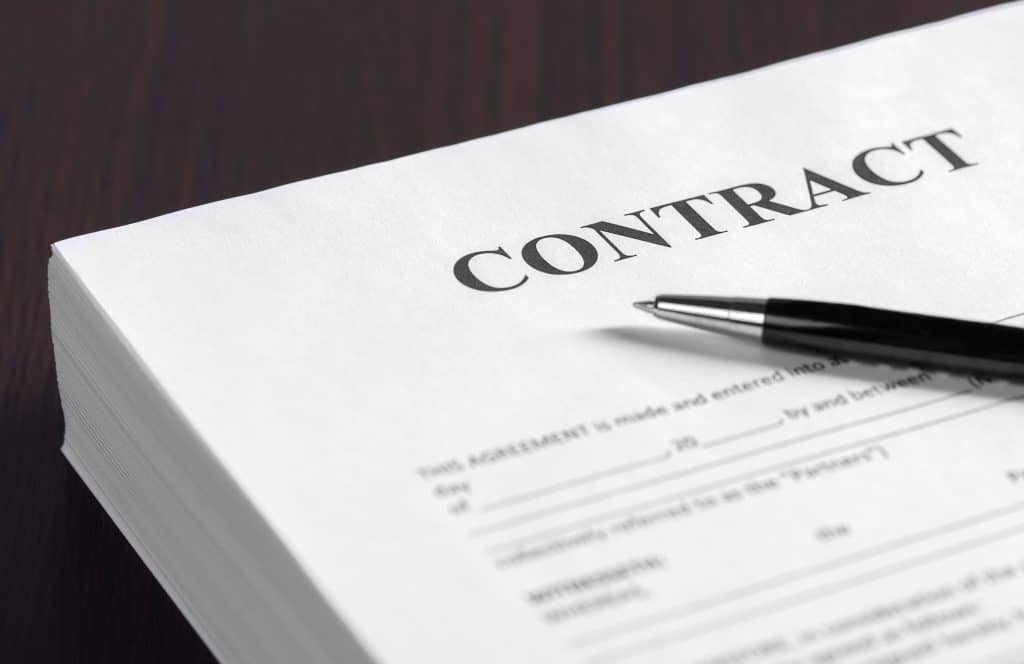A settlement agreement is an easier alternative for employers to use rather than going through the long and arduous procedure of redundancy. Don’t disregard it just yet, just because it’s easier for employers to use, does not mean it is automatically unfair to you as an employee.
A legal breakdown of settlement agreements
Section 111A of the Employment Rights Act 1996 provides that offers to end the employment relationship on agreed terms can be made on a confidential basis. Here is a quick breakdown of what a settlement agreement is:
- It is a legally binding contract. Anything agreed within the contract waives your rights as an individual to make a claim to an Employment Tribunal or Court
- Some form of payment to the employee is usually included and often includes a pre-agreed reference
- The agreement must be in writing
- It can be offered at any stage of your employment
- Finally, it is completely voluntary
What does a settlement agreement do?
The effect of a settlement agreement is that the employee waives any future right to go through a fair redundancy procedure in exchange for an increased settlement payment. If you feel you’re going to be made redundant anyway, the settlement agreement may well be the best option for you. In essence, it’s a win-win. You as an employee get more money, and the employer avoids the redundancy procedure and spends more time running their business. Your employer may well probably foot the bill for your legal costs too.
Do I have to accept a settlement agreement?
Do not feel like you have to accept a settlement agreement. If you feel like you’re being treated unfairly, or even that you shouldn’t be made redundant, you have every right to refuse the agreement and go through the redundancy procedure. Therefore, if you are made redundant, you still have the right to make a claim for compensation for unfair dismissal.
Before making a decision, it is a good idea to take advice from an employment solicitor. The last thing you want is to be in a position where you have given up your right to make a claim and given up the opportunity to accept a higher payment.
Contact us on 01244 506 444 for a FREE 30 minute initial appointment with one of our employment law specialists.






